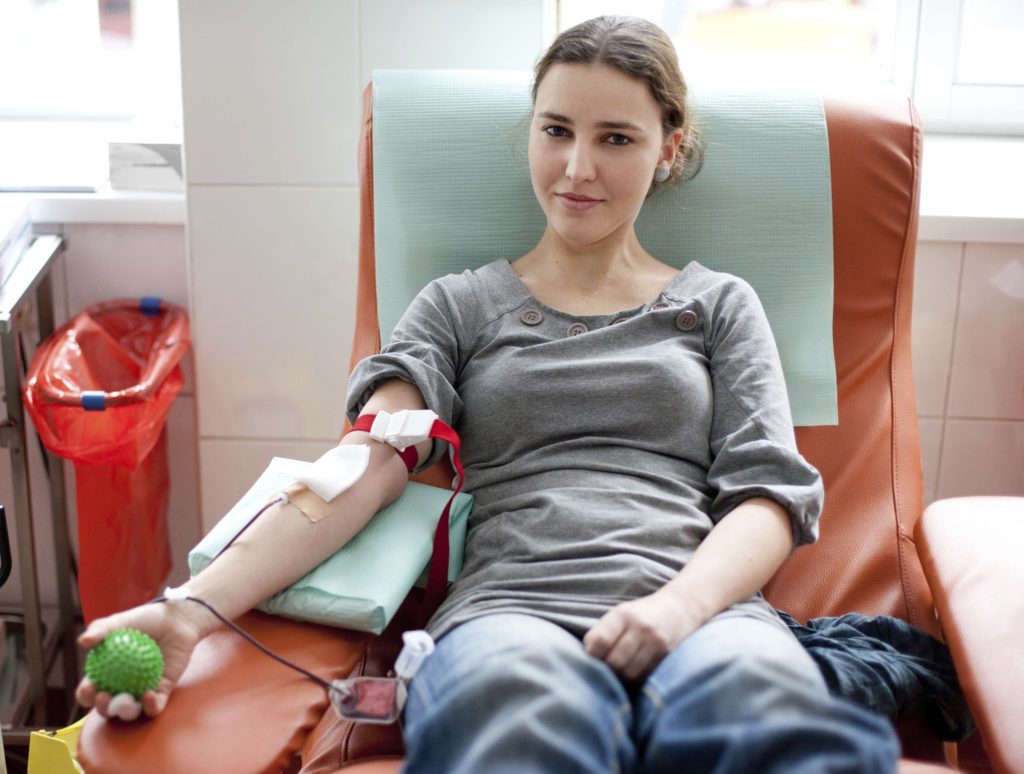Blood Donation: The work of American researchers, published this Tuesday in the scientific journal Nature, opened a breakthrough in research to produce human blood in the laboratory. Two teams of researchers, working with two different methods, have taken an “important step” towards the production of blood stem cells. Their work could, in the long run, make it possible to treat a patient with his own cells, to produce blood for transfusions, but also to test drugs or better understand the development of leukemia.
“This work is the culmination of more than 20 years of effort”. The first team used the technique of “gene publishing” (CRISPR) to correct the genetic defects of patients and “to create functional blood cells,” says Ryoichi Sugimura, co-author of the first study. “We are very close to generating genuine human blood stem cells in the laboratory,” says his colleague, Dr. George Daley, of the Boston Children’s Hospital. “This work is the culmination of more than 20 years of effort.”
Blood Donation: Towards “an unlimited supply of blood”?
In the second study, Shahin Rafii and his colleagues directly used adult mouse endothelial cells to obtain blood stem cells, matured in the laboratory. In both studies, the blood stem cells transferred to rodents generated the different types of blood cells. If proven safe, these methods could also lead to “unlimited blood supply” using universal donor cells.

Blood Donation: What are the risks?
However, researchers should verify over time that the blood cells obtained and the cocktails of products used, do not carry a risk of cancer and, in particular, of leukemia. “Cleaner” gene-editing techniques could help eliminate these risks. This is an “important step, although further studies are still needed before we can benefit patients,” two British specialists in the review point out.

Blood Donation: hope for the treatment of leukemia
This discovery opens up an enormous outlet for patients with leukemia and other blood disorders who require bone marrow transplant but can not find a compatible donor. If the results are confirmed in future clinical trials, it is possible to imagine that patients receive culturally grown versions of their own healthy cells in the laboratory. Scientists believe that it will be possible to ensure “an unlimited supply of blood.” Universal donor cells would be used to “generate authentic stem cells of human blood.”


